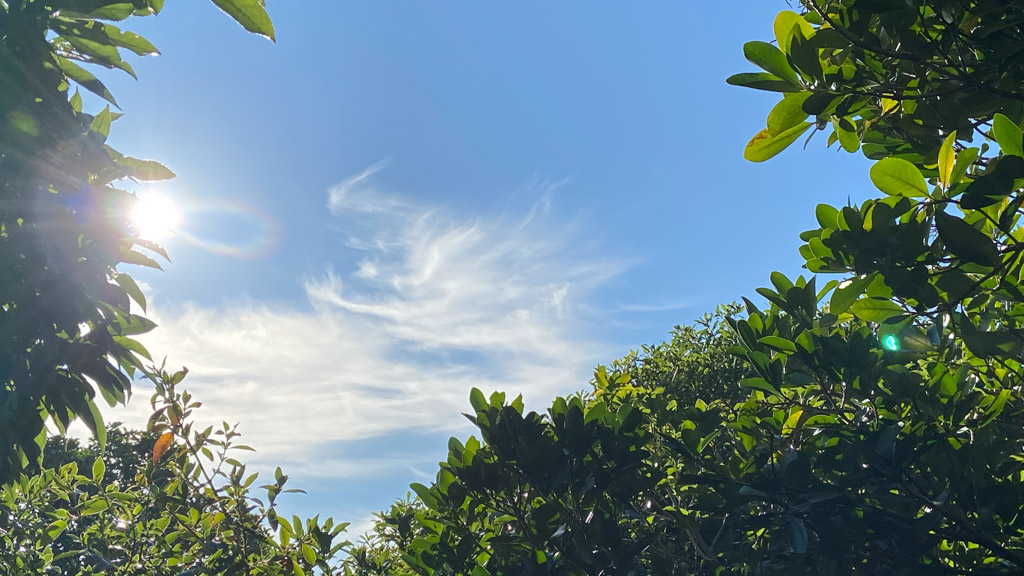
Benoit - 4 Avril 2020
Nous sommes entrés dans le confinement de niveau 4 en Nouvelle-Zélande et tous les effets ne sont pas négatifs.
A few days ago, with a bit of time on my hands, I started sorting out a few photos. They were shot two weeks ago, and now they look as if they’re from another world, a different era.
Two weeks ago, we were wandering around, commuting to work, dropping kids at school, attending birthday parties, toasting our friends and hugging. Two weeks ago, we were still arguing about building a second tunnel, moaning about the convention centre, worrying about Shelly Bay, and appalled by the state of our water network.
In two tiny weeks, the world has changed dramatically, and we don’t know if we are living a revolution or if we are just in a stasis until life as we’ve known it returns. As we traverse these four weeks of confinement, we must ask: if we’re given the choice, do we want to return to the same way of doing things?
Some of the changes have been brutal. Some people are caught at home, in a small apartment with little space to walk, or are flat sharing: who knows how much cooperation is needed to cope with 24/7 confinement? Some have caught the virus and are scared about getting treatment. Some of us know someone who has the virus. Some are separated from their loved ones and long for the moment when they will be able to reunite. Many have lost their jobs and face an uncertain future, professionally and financially. All of these are tragedies, and it’s heartening to see our communities creating a web of support for those in need.
But it’s not all doom and gloom – some of the changes we’ve had to make are giving us a glimpse of what a better world could look like.
Many Wellingtonians have been able to arrange working from home. Within days, online tools have been deployed, virtual teams have scaled up, virtual meeting rooms have been rolled out.
Have you noticed how peaceful our neighbourhoods have become? Gone is the noise of engines in the streets and in the air. Gone is the smell of burnt petrol or kerosene. For those who are working from home, gone is the stress of commuting. And for all of us, walking around means coming across people we’ve never met before, all waving and smiling from a distance.
The streets without cars are safer for walking and biking. The wind, the sea, the birds, people talking and laughing are now forming the soundscape. The air is clear, and generally everything looks much more balanced, peaceful. It’s not lifeless: passing a house, I could hear a girl laughing hard with her dad. Further away, some flatmates were enjoying their front porch and waved from a distance. I got passed by someone on his bicycle. It’s not lifeless, it’s serene. It feels as if Nature was finally on par with our ways of living.
Surely, we must agree this is a worthy proposition for the future. Of course, we’ll need to resume life as we knew it. Of course, the first priority will be to put people back into jobs and get the kids back to school, and we all want to resume our social and cultural lives. (I for one would love to know when I’ll be able to visit my parents in France).
Yes, now is scary, for all of us. Yes, there is plenty of uncertainty about when we will start to reopen our world. But now that we know what a city free of cars and planes looks like, surely its benefits are worth upholding. So our efforts to rebuild should ensure noise and emissions are not continuing to be seen as necessary evils. We should allocate funding to reignite our economy and create incredible opportunities to ensure we do it right. But our wellbeing must be central. We must ensure we don’t sleep walk into another crisis, whether it’s growth, congestion or climate change.
Now we’ve learnt that we all need to look after each other, let’s look and listen to the new world we are living in, and reflect on what is worth keeping when life starts opening up again.
Benoit, le 4 Avril 2020